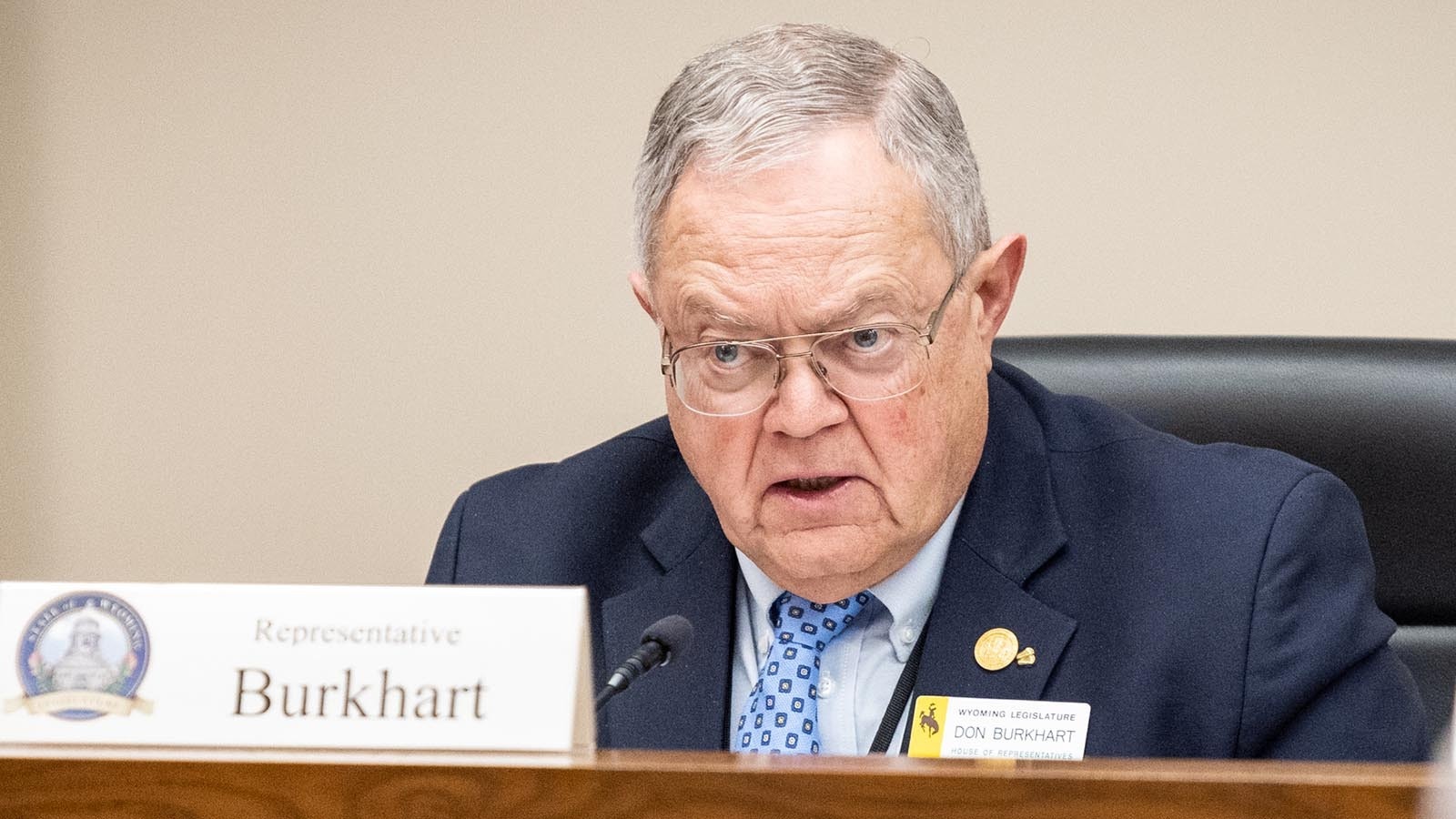By State Rep. Don Burkhart, Guest Column
Wyoming has a long, proud legacy of being a leader in domestic energy development.
Data from the U.S. Energy Information Administration shows that our state produces 13 times more energy than we consume, making Wyoming the second-largest net energy supplier in the nation, just behind Texas.
To maintain and build on our role as a national energy leader, it is critical that we continue to push the boundaries of energy innovation and production through pragmatic, commonsense energy policy at the state and federal levels.
More to the point, Wyoming must keep pace with ever-changing and evolving global policy and energy markets.
To cement our role in domestic energy production and continue utilizing the vast fossil fuel resources we have available to us, we should be working to develop emerging, cutting-edge energy technologies like hydrogen production and carbon capture utilization and storage (CCUS).
These innovative energy solutions hold great promise to advance Wyoming’s place in global energy markets while creating jobs, boosting local economies, and ensuring our state stays on the map in the world’s energy future.
That is what makes the Western Interstate Hydrogen Hub such a promising endeavor for Wyoming and our entire region.
The Western Interstate Hydrogen hub is a centralized regional facility from which hydrogen can be sent throughout the country and world. This project is in the works with the U.S. Department of Energy and is a collaborative effort being led by Wyoming, New Mexico, Colorado and Utah to develop a new hydrogen hub that could increase our energy capabilities and allow us to take advantage of our diverse range of energy resources.
Once completed, the Western Interstate Hydrogen Hub could facilitate the production, distribution, storage and use of clean hydrogen as fuel for transportation, electricity generation, agricultural use and a range of other applications.
Importantly, producing this clean hydrogen often relies on the use of other energy resources, including natural gas, one of Wyoming’s core industries.
In that respect, the Western Interstate Hydrogen Hub can help us build on our existing energy capabilities while advancing the development of new forms of energy.
Ultimately, these efforts could strengthen our nation’s domestic energy production while creating 21st century jobs for Wyomingites and attracting new businesses and industries to our state and entire region.
The Western Interstate Hydrogen Hub is just one of the ways Wyoming continues to lead on solutions that reduce emissions while diversifying our energy capabilities.
Another area is the advancement of carbon capture, usage and storage (CCUS) technologies.
In fact, Wyoming is one of only two states so far to apply for and receive primacy to authorize the permitting of Class VI injection wells used for the permanent underground sequestration of carbon dioxide.
Since this emerging technology first showed the potential to help capture and store carbon dioxide, Wyoming has continued to invest heavily in the future of CCUS technology.
In the Wyoming Legislature, we worked in a bipartisan fashion to allocate $15 million to advance this critical technology, including a required $5 million match by private industry.
These investments in our clean energy future helped create the Wyoming Integrated Test Center research facility back in 2018, which is helping advance the commercial readiness of CCUS technology. This investment helps our existing energy production while moving toward an enhanced energy future. Since its establishment, the center has grown to be the largest of its kind in the country, gaining both national and international recognition.
These pro-innovation, pro-growth solutions demonstrate that there is a pragmatic way to balance our need to remain a leader in domestic energy production while advancing newer forms of energy production.
This approach, which relies on an all-of-the-above energy strategy, is far better for our economy and our decarbonization efforts than unrealistic energy philosophies that fail to serve or benefit our communities and could potentially lead to energy poverty.
Wyoming has been, and will remain, a leader in domestic energy, so long as we continue to put together a sensible regulatory framework that advances new energy technologies including CCUS and hydrogen.
By working with federal agencies to encourage the development of these innovative solutions, state leaders in Cheyenne are helping Wyoming’s core industries to grow and prosper over the long term.
Ultimately, that’s good news for our communities, our economy, and our entire energy future.
State Rep. Don Burkhart, R-Rawlins, is chairman of the House Minerals, Business & Economic Development Committee.





